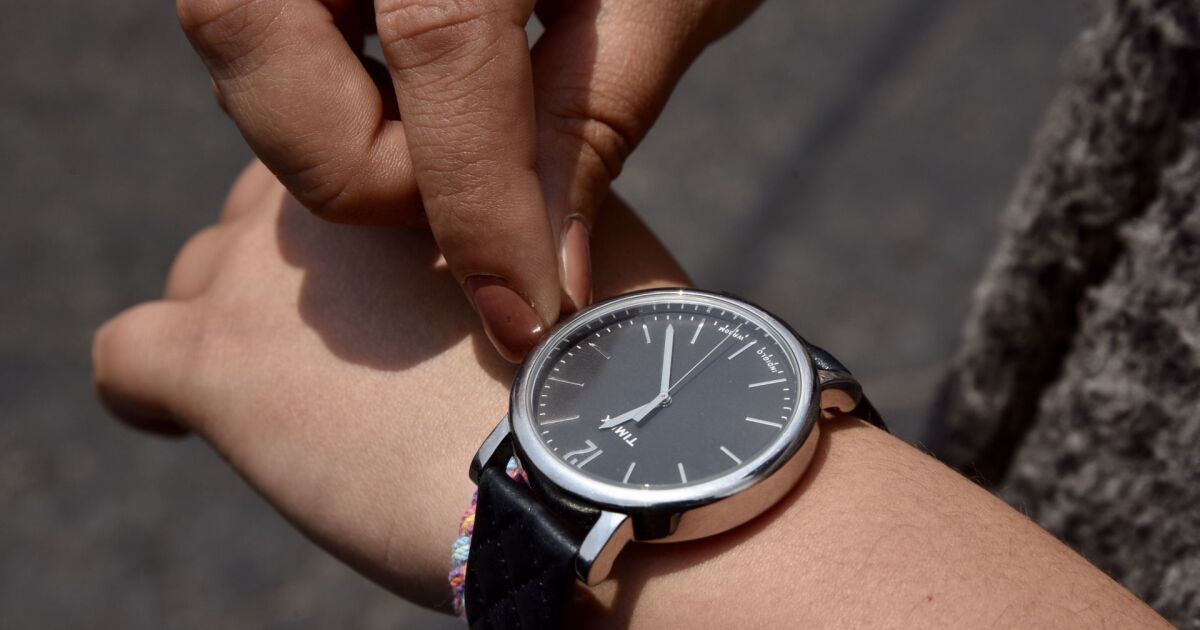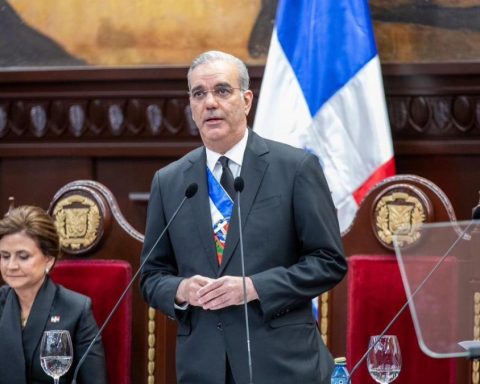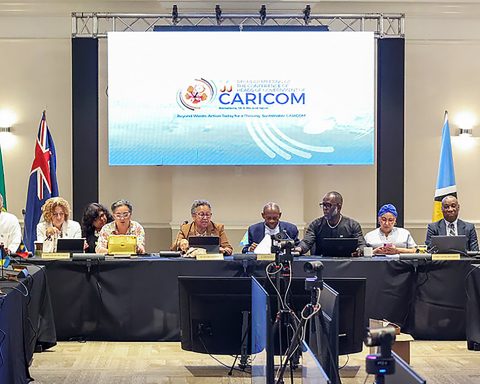The Center for Public Finance Studies reported that “the estimated economic savings from the application of summer time in the Federal Public Administration is equivalent to 76.8 million pesos” and, if the Initiative is approved, said amount would be lost, which represents a budget impact for the federal treasury.
Meanwhile, according to the ruling, an eventual withdrawal of summer time would not affect the CFE, “because the increase in energy and power is not relevant.”
“Therefore, CFE would not have major operational problems if the summer time was removed, derived mainly from the fact that a saving of 537 GWh (gigawatt-hour), as in 2021, is equivalent to the generation of an 87.5 MW (megawatt-hour) plant. ) of capacity at 74% of the plant factor, and CFE has enough capacity to cover said additional requirement,” the text states.
Although since 1996 summer time has contributed to energy savings on a constant basis – it is explained in the opinion – “it was always below 1% of the energy consumed annually. In other words, energy has been saved, but said saving is not significant with respect to the total annual consumption”.
This is corroborated – he adds – because in 2021 alone “the national consumption was 327,000 Gw/h, and the saving due to summer time was 537 Gw/h, “that is, 0.16%, which is equivalent to 1,138 million of weights. Meanwhile, in 2019, 876 GW/h were saved, which meant 1,875 million pesos.”
The polls
According to the ruling, on July 1, 2001, a UNAM survey of 1,198 people revealed that 69% of those interviewed were against the application of summer time.
In addition, another study carried out that same year, but in what was then the Federal District, resulted in a rejection of 46%, while 30% agreed.
Last May, the Ministry of the Interior applied a survey, in which 71.4% of the participants declared themselves to maintain a single schedule throughout the year.

















